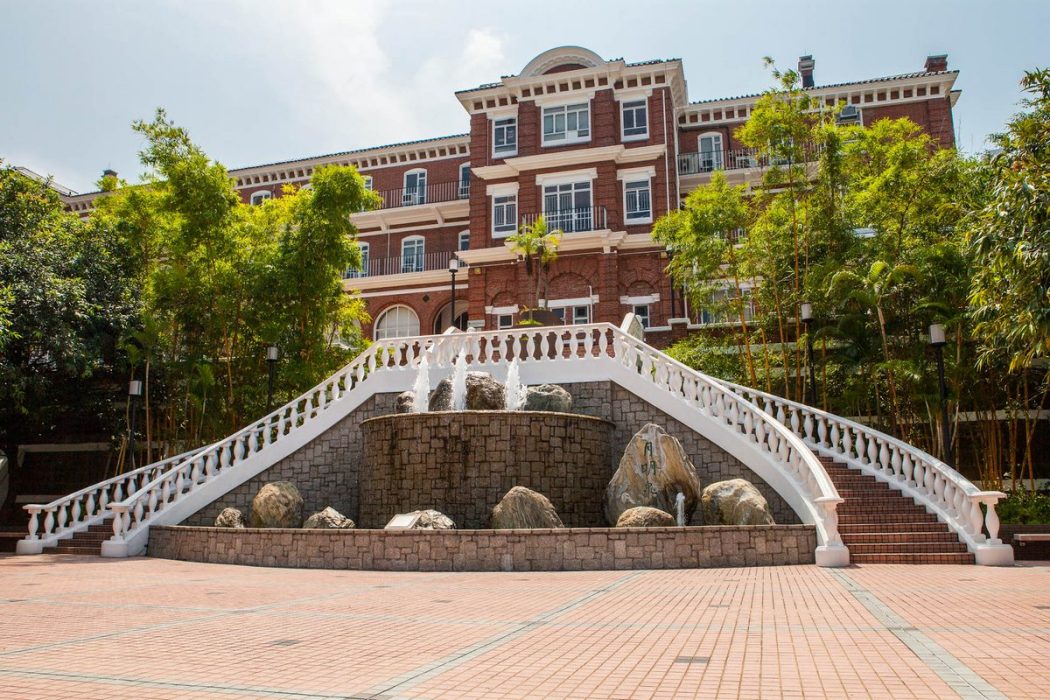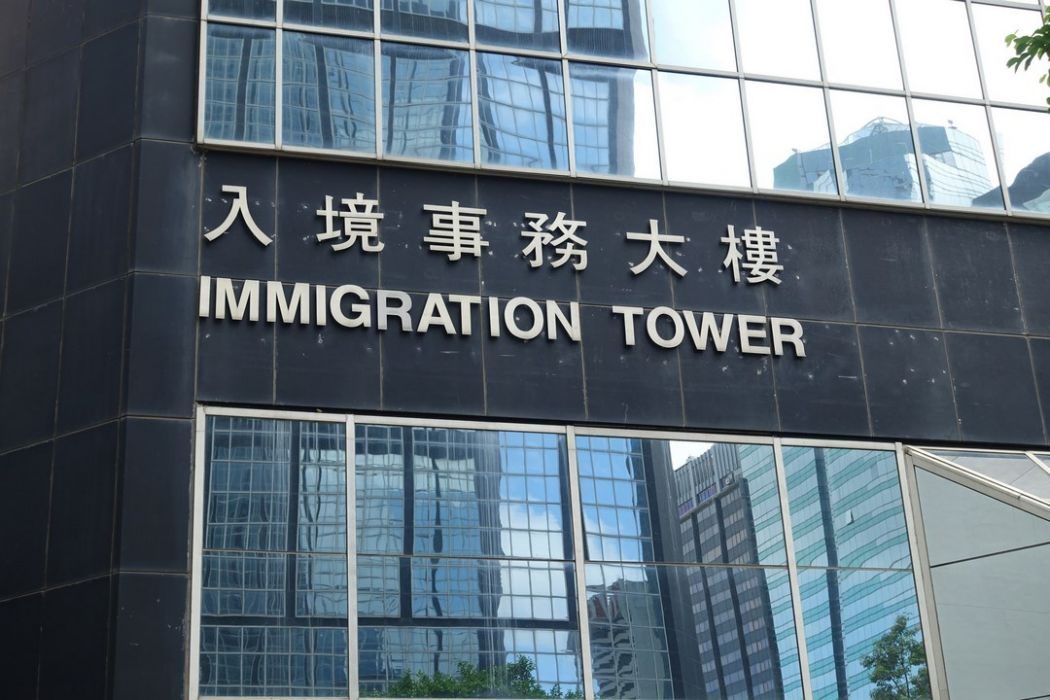The Hong Kong Immigration Department asked a long list of “unusual” questions when processing a work visa for an award-winning veteran journalist who was invited to join the University of Hong Kong (HKU) as a visiting professor.
Citizen News first reported on Saturday that the foreign journalist was supposed to teach a course on feature writing for a semester at HKU’s Journalism and Media Studies Centre (JMSC) in September.

The incoming professor reportedly received over 40 questions during the visa application process relating to their past education and future plans. The immigration authorities also requested that the veteran journalist provide the original copy of their university transcript.
On Tuesday, Director of the JMSC Keith Richburg confirmed with HKFP that the journalism school had responded to several sets of “incredibly long and detailed questions” from the immigration, including submitting the course syllabus. He said questions about the applicant’s past education going back to university was “unusual,” as it was “quite a long time ago” for the unnamed journalist who is in their 50s.
“Getting that number of very specific questions – I found very unusual,” Richburg told HKFP in a phone interview. “There was so much back and forth that eventually – because of the Covid-19 restrictions and some personal reasons – the journalist we were trying to bring in decided to withdraw [the application].”

Richburg said the journalism school may submit an application again next year, as he hoped his students could learn from the Pulitzer Prize-winning journalist. The JMSC director added that the situation appeared to be similar to other visa delays experienced by journalists in Hong Kong, rather than a matter of academic freedom.
“It is obvious that they are putting a little bit more scrutiny on foreigners coming into Hong Kong… it may be specifically because this journalist was coming in on an American passport and had been previously based in China,” Richburg added.
Responding to local media enquires, the Immigration Department said Hong Kong has always adopted a “pragmatic and open policy” on employment of professionals in the city: “In handling each immigration case, ImmD will consider the circumstances of the case and act in accordance with the laws and immigration policies.”

Last week, the Immigration Department rejected a work visa application for HKFP’s incoming editor Aaron Mc Nicholas after a six-month wait. The denial was handed down without explanation, fuelling further concerns for the city’s press freedom amid the Beijing-imposed national security law.
Earlier in August, the Foreign Correspondents’ Club (FCC) said journalists in Hong Kong have faced “highly unusual” visa issues, after multiple media outlets had reported delays in getting work visas. New York Times journalist Chris Buckley was forced to leave the city after being denied a visa without reason in June amid escalating tensions between Beijing and Washington. The Financial Times’s Victor Mallet was ousted from the city in 2018, also without any official reason.
The FCC has written an open letter to the Director of Immigration Au Ka-wang demanding answers after local media reports said work visas for journalists are now vetted by a national security unit in the department. The press club has yet to receive a reply.
